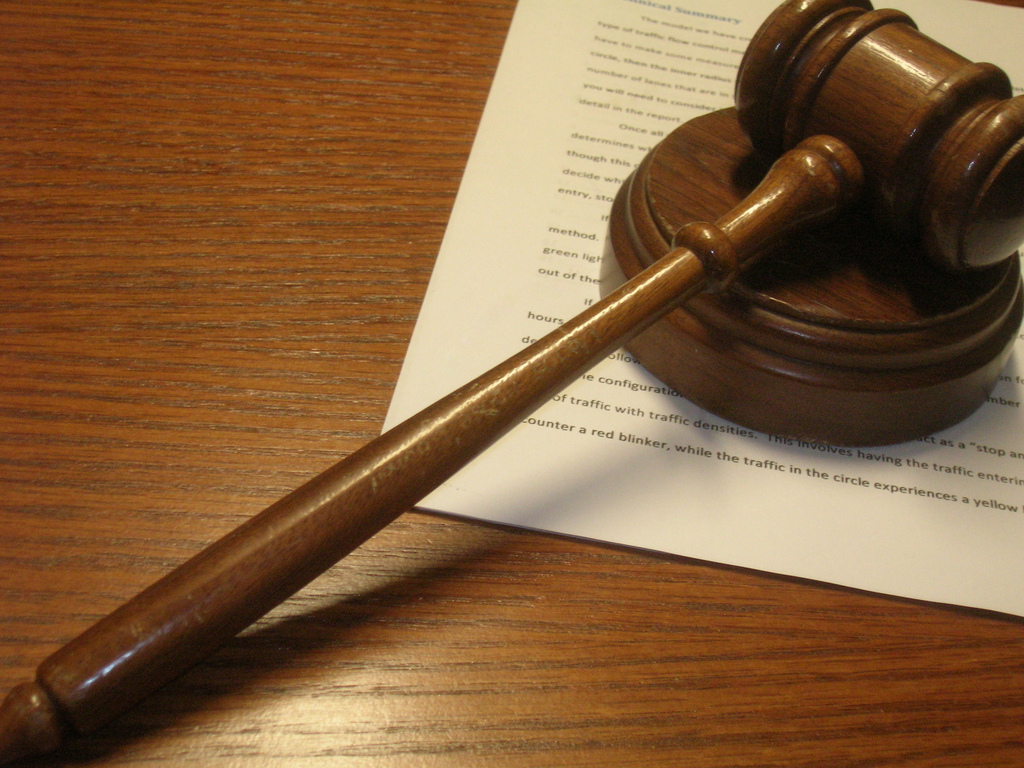Belfast High Court Rules Northern Ireland’s Current Abortion Laws Are a “Violation of Human Rights”

The Belfast High Court recently ruled that Northern Ireland’s current abortion laws constitute a violation of human rights. The current law states that in cases of incest, rape, or fatal fetal abnormalities, abortions are still forbidden. This essentially forces people to go all the way to London if they wish to receive abortion care.
The idea that people would be forced to travel abroad to take care of an issue like this is revolting. When you boil it down, in the case of rape, it places undue cost on the pregnant person to deal with the horrific actions of another human being. It basically penalizes them for, well, getting pregnant.
Sometimes women seek out abortions because they’ve had to deal with incest, and the fetus developed abnormalities that would prevent it from living beyond just a few days after birth. According to The Guardian, Sarah Ewart, at 13 years old, had to deal with a similar situation. Despite the fact that the fetus wouldn’t live beyond a few days, she would have been forced to give birth to it had she not travelled to London to receive an abortion. The Belfast Telegraph reports that Ewart shared her story in a testimony given to the High Court.
I hope that today’s ruling means that I, and other women like me, will no longer have to go through the pain I experienced, of having to travel to England, away from the care of the doctors and midwife who knew me, to access the healthcare I needed.
I, and many women like me have been failed by our politicians. First, they left me with no option but to go to England for medical care. Then, by their refusal to change the law, they left me with no option but to go to the courts on my and other women’s behalf.
I am an ordinary woman who suffered a very personal family tragedy, which the law in Northern Ireland turned into a living nightmare.
The ruling isn’t the end of the fight–it’s still going to be a long time before the laws themselves actually change. What the ruling essentially says is that these current laws in place are a violation of human rights. While this is a significant blow to the current laws, the ball’s in the policymakers’ court. It’s up to them to change the laws at this point. Here’s hoping that happens soon.
[CORRECTION]: The post has been updated to reflect that this ruling mainly affects Northern Ireland, whereas The Republic of Ireland remains unaffected.
(via Jezebel, image via Flickr/Brian Turner)
—Please make note of The Mary Sue’s general comment policy.—
Do you follow The Mary Sue on Twitter, Facebook, Tumblr, Pinterest, & Google +?
Have a tip we should know? tips@themarysue.com